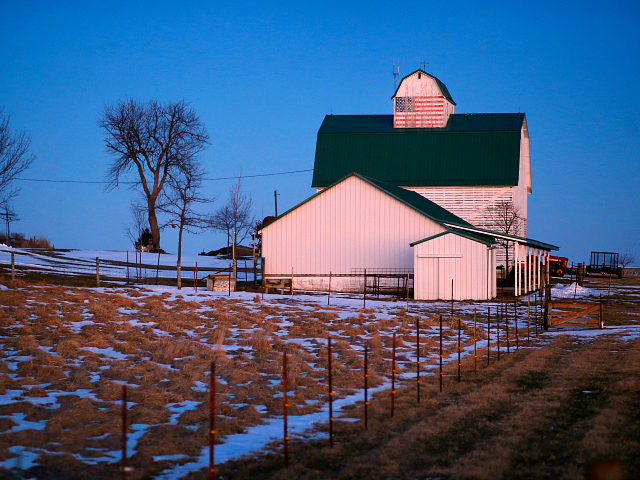The economy grew solidly last year and the first quarter of this year. Unemployment is low and consumer confidence high.
So how do we explain this recent headline in the Los Angeles Times: “California’s job engine is slowing as U.S. nears recession, UCLA predicts.”
The U.S. economy grew 3.1 percent in the first three months of the year, according to the Commerce Department. Even the direst prediction of economists says the U.S. economy will continue to grow through the end of the year, albeit at a slower rate.
A recession is defined as two consecutive quarters of economic contraction. Barring a completely unforeseen event, that is not in the cards this year. According to the Wall Street Journal‘s survey of economists, just 2.4 percent say we’re likely to have a recession this year. That number rises to 35.7 percent for 2020 and 52.4 percent in 2021.
But even that overstates things. A year ago, 59 percent of economists said a recession would strike by 2020. In October 2016, 58 percent said a recession would strike by 2020. Now that’s down to 35.7 percent simply because as we got closer to 2020 and economic growth remained solid, economists pushed there prediction of a recession further out into the future.
In other words, economists are always predicting that a recession is in the offing in a few years. It’s a pretty safe bet because history shows expansions do not last forever. And the odds favor that the further out you go, the more likely a recession is.
A few years ago, the San Francisco Fed looked into this. It found that in any given year ahead period there’s always around a 23 percent chance of recession and a 77 percent chance of continued expansion. So what are the odds that you’ll continue to expand for two years in a row? The odds of getting the same result decline. So two years out, the chance of a recession rises to 41 percent. After three years, it rises to 56 percent. After four years, there’s a 65 percent chance.
Think of it like flipping a coin. On each flip, you have a 50 percent chance of getting heads and a fifty percent chance of getting tails. What are the odds of the flips coming up heads four times in a row, the equivalent of avoiding a recession four years in a row? Just six percent. You can do the math yourself: 0.5 x 0.5 x 0.5 x 0.5=0.0625.
Of course, recessions are not completely random. And the odds assigned by economists move around a lot. But the predictions of recessions over the next few years do not tell us much about the state of the economy. Pay attention to the prediction about next year, if you must. Ignore everything else.
In some sense, it is true that the U.S. is getting close to a recession every single day it is not in a recession. The number of days until the next recession hits shrinks with each passing day. The same is true of a book: as soon as you read the first page, you are nearer to its end. Each of us “nears death” for every day we are alive. Every single thing that exists on this mortal plane moves inevitably toward its end. Economic expansions are no different.
Back to the Los Angeles Times. Does anything in the story justify its dire headline? Not in the slightest. In fact, it is full of good news.
California’s low unemployment rate should persist through the next two years, but the state’s generation of new jobs will lose steam, a new UCLA economic forecast predicts.
“The California economy is slowing down,” wrote Jerry Nickelsburg, director of the UCLA Anderson Forecast, released Wednesday. “The state is, quite simply, running out of people to be employed.”
In other words, job creation will slow down because there are fewer people looking for jobs. There’s no lack of demand–a traditional cause of recessions–or a supply shock indicated. Just a slowdown in the rate of job creation as the economy moves toward full employment.
I would not say journalists are wishing for a recession to strike. A more charitable view might be that they are simply so wrapped up in hatred for Donald Trump that they think a recession must be coming. How could the bad orange man not cause a recession?

COMMENTS
Please let us know if you're having issues with commenting.